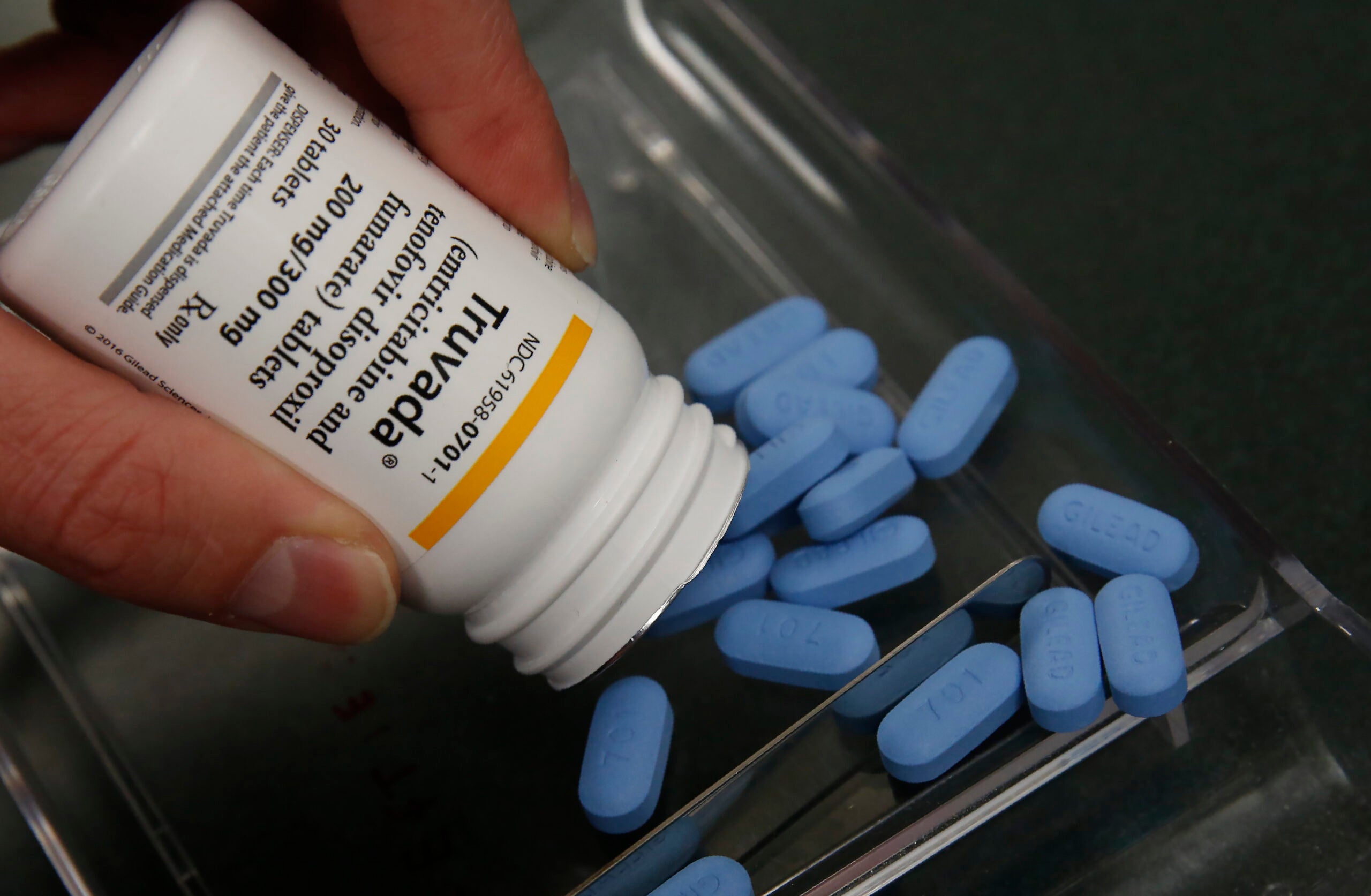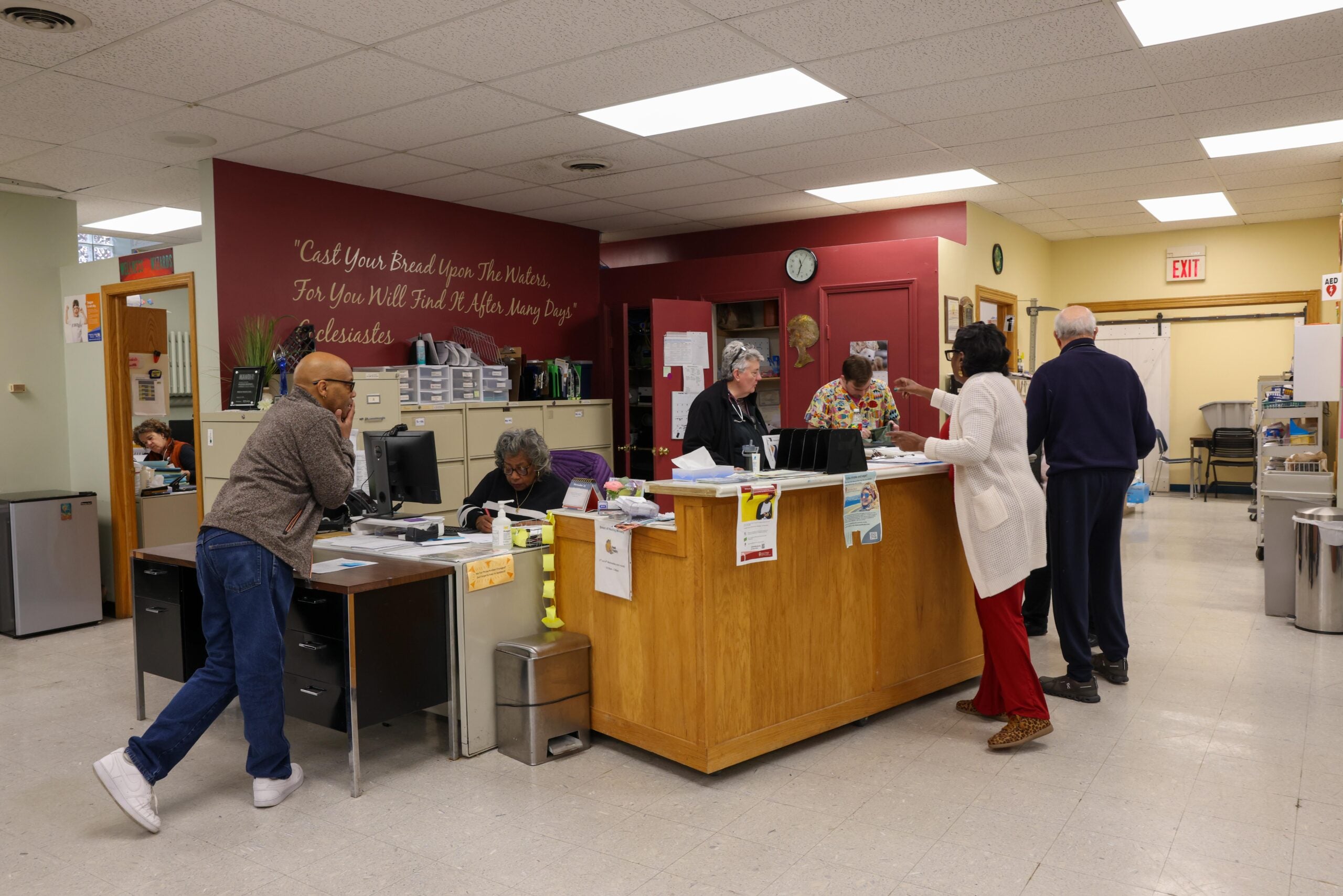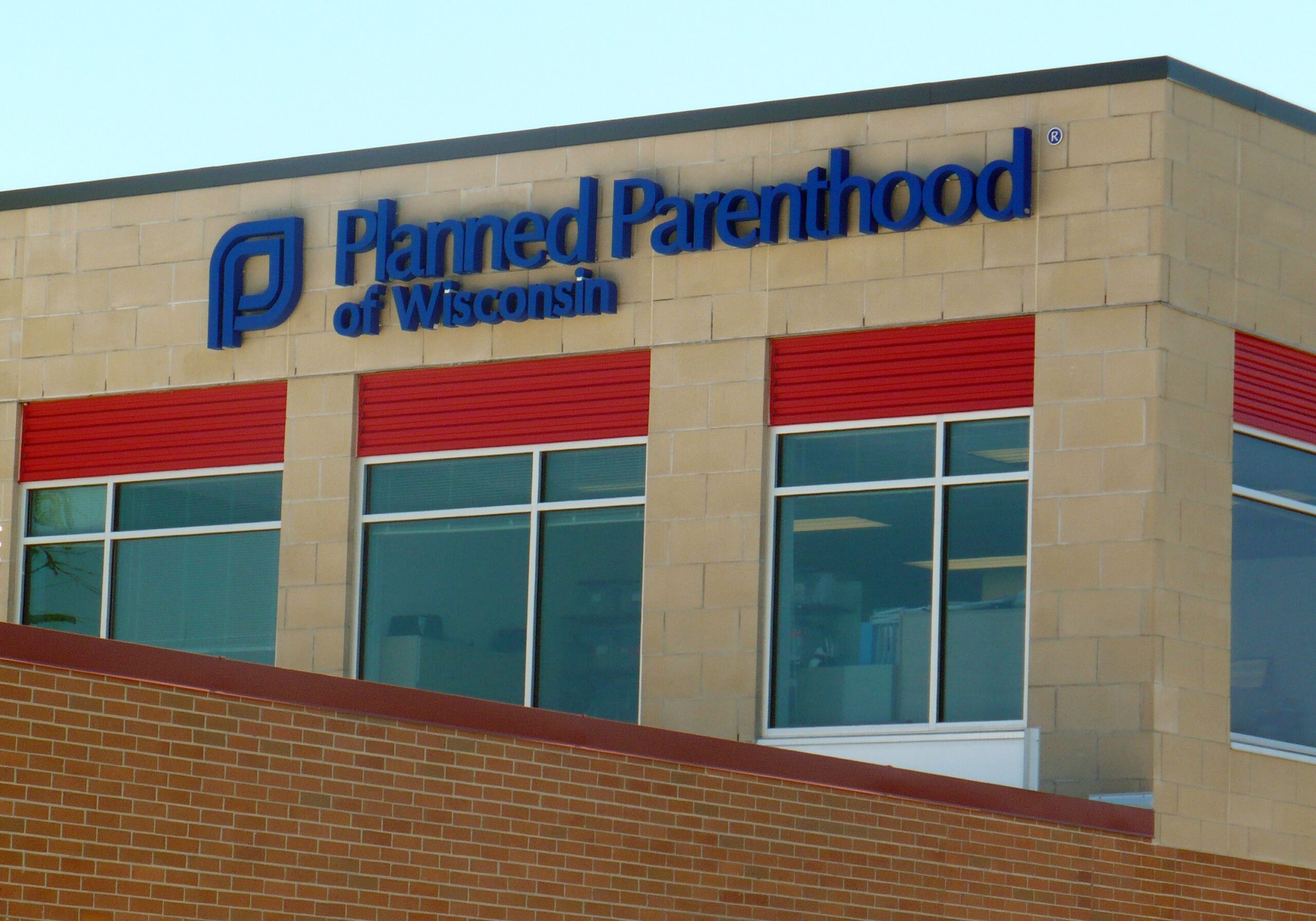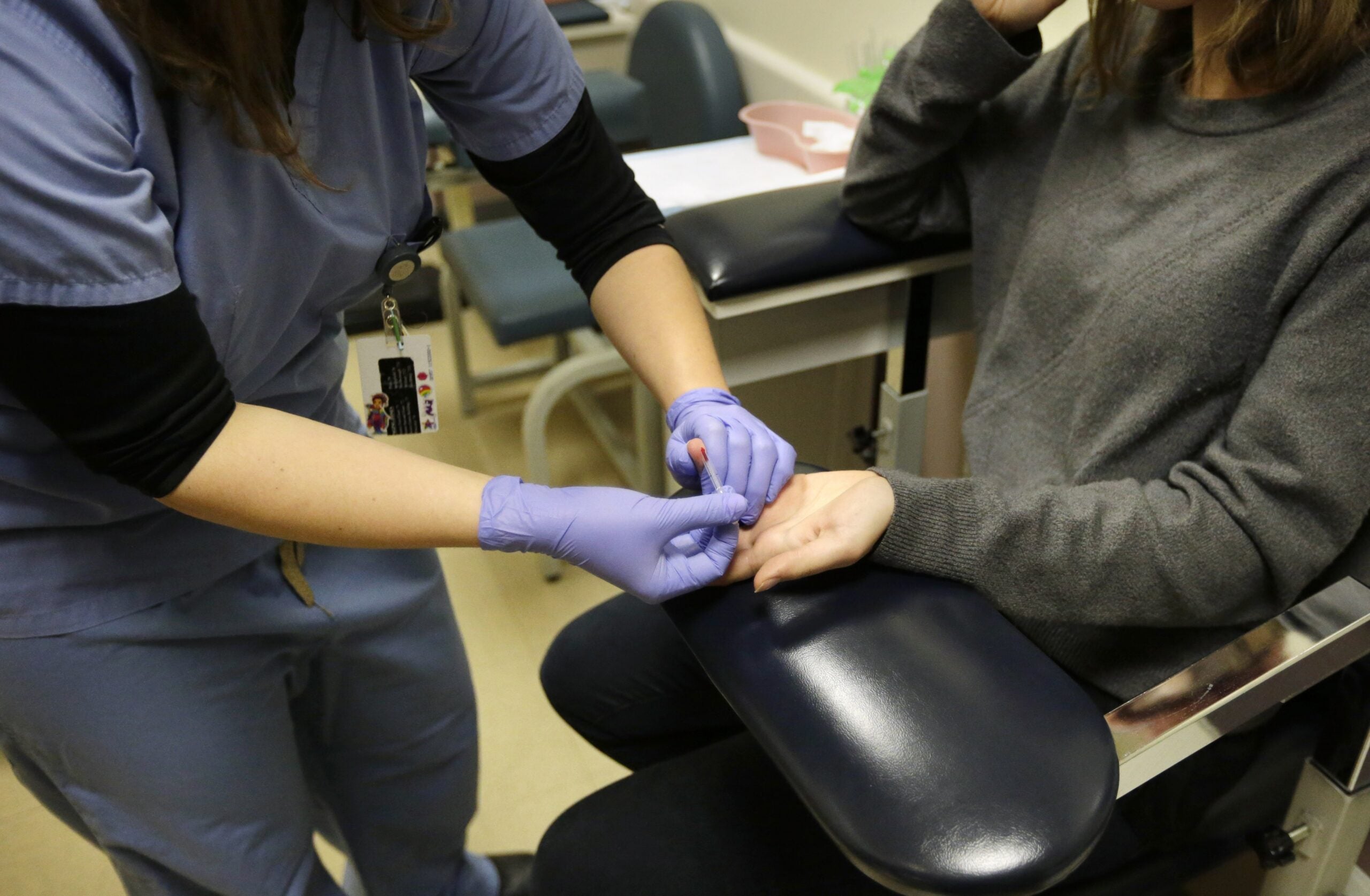HIV prevention medication is now available at Planned Parenthood of Wisconsin‘s health centers.
The organization announced it has started prescribing pre-exposure prophylaxis, or PrEP, and post-exposure prophylaxis, or PEP. The oral medications are taken to prevent infections from HIV, a virus that attacks cells that fight infection in the body and makes a person more vulnerable to other diseases. The virus is typically passed through sexual contact or through sharing injectable drug equipment like needles.
PrEP is a daily medication for people at risk of an HIV infection that can be up to 99 percent effective when taken as prescribed. PEP is an emergency medicine taken within 72 hours of a possible HIV exposure that can prevent the virus from taking hold in the body.
News with a little more humanity
WPR’s “Wisconsin Today” newsletter keeps you connected to the state you love without feeling overwhelmed. No paywall. No agenda. No corporate filter.
Analiese Eicher, spokesperson for Planned Parenthood of Wisconsin, said the organization decided to add the service to their 22 clinics in the state after receiving requests for the medication from their patients.
“There is an HIV epidemic in the United States, and this is a way that we can help prevent that,” Eicher said. “This was something that the communities we serve, the patients that we serve and see across the state are interested in, and we see it as part of the spectrum of care that we are able to provide.”
Eicher said the organization has also expanded access to gender-affirming hormone therapy and added vasectomy services in the last year as part of the effort to provider a wider range of care.
Planned Parenthood will provide PrEP and PEP services at in-person and telemedicine appointments. The medications will be available at the organization’s health centers or a prescription can be sent to a patient’s pharmacy.
Eicher said the federal government stated in 2021 that PrEP, as well as lab tests and clinic visits that are required to maintain the prescription, must be fully covered by most health insurance plans. But a Kaiser Family Foundation report in 2022 found many patients are still charged for the medication and associated services.
Cost is one of several challenges that can prevent some people from accessing the highly effective medication.
Social factors add barriers to accessing preventative care
Lorenzo Rivas is manager of prevention and care services at Diverse & Resilient, an organization that provides health services and advocacy for the LGBTQ+ community in Milwaukee and Appleton. He said HIV and other sexually transmitted infections disproportionately affect people of color, individuals who are transgender and men who have sex with men.
According to the latest data from the state Department of Health Services, 66 percent of new HIV diagnoses affected people of color in 2021, despite the fact that they only make up19 percent of the state’s total population.
Rivas said while these communities are most affected, they often face additional barriers to accessing prevention care like PrEP, including systemic racism.
“When we talk about medical mistrust and some of the traumas that Black and brown communities have gone through, these are one of the barriers that can come up when it comes to why folks are not accessing PrEP,” he said.
Diverse & Resilient provides PrEP services, as well as HIV testing and care programs. Rivas said many of the people of color he works with are cautious about accessing PrEP or committing to the frequent lab tests that it requires, while white at-risk communities have had more widespread adoption of the medication.
But he said PrEP can be an important tool to protect people of color who are already facing socioeconomic and health disparities.
“It’s one less thing for you to have to worry about, so to speak, on top of all the other factors of what it is to be a gay person of color, to be an individual trans person of color,” he said. “I think to eliminate a huge factor like HIV could make the odds a little bit better, even the scale a bit.”
Rivas said organizations need to ensure all costs are covered for PrEP-related care and create a welcoming environment for everyone who might be seeking services.
Wisconsin Public Radio, © Copyright 2025, Board of Regents of the University of Wisconsin System and Wisconsin Educational Communications Board.







